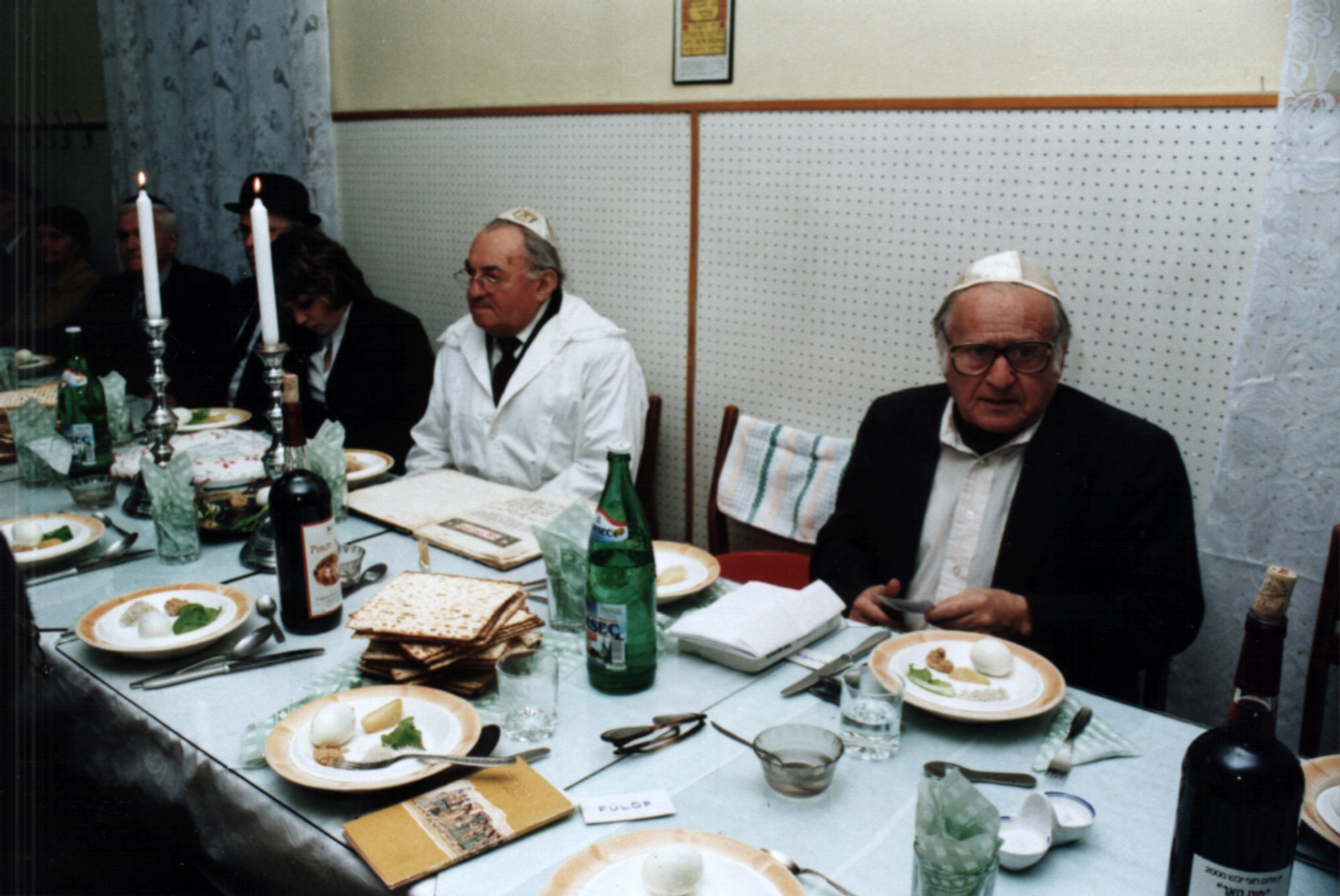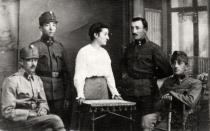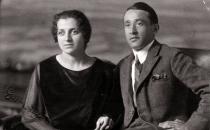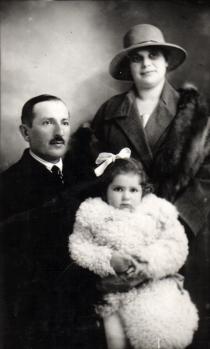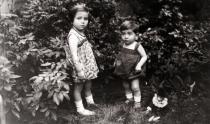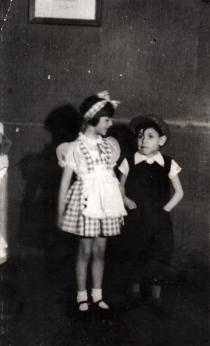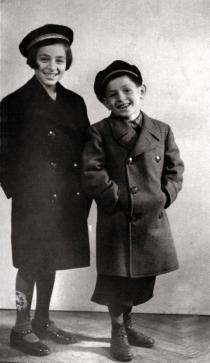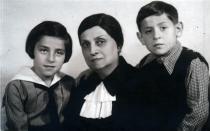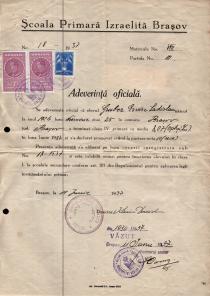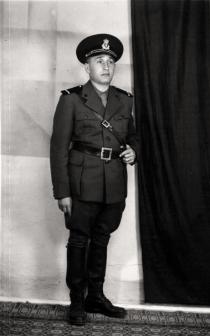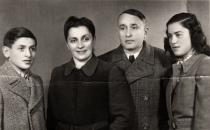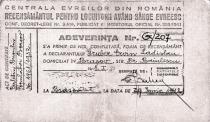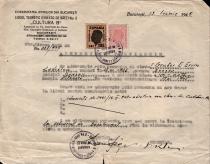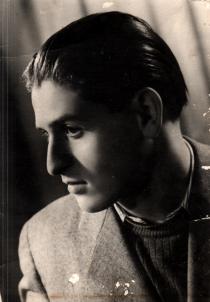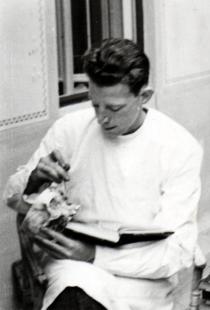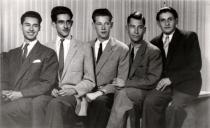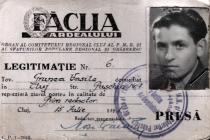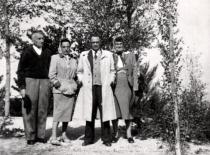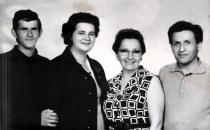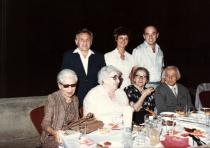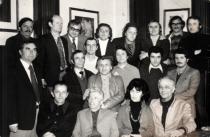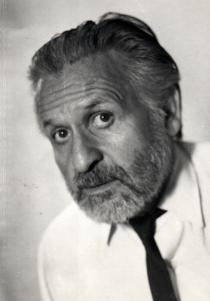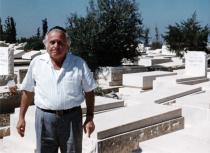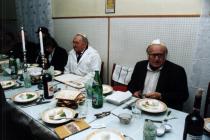This is Pesach in the Jewish community of Kolozsvar in 2003. I am sitting on the right.
Seder nights are usually organized in the hall of the kosher canteen, in the canteen of the Jewish community, and they usually have two seders. On both seders I talked about the historical importance of Pesach and what it tells the Jews of old times and the Jews of today. This year a little girl asked the four questions, which are always asked by the youngest child. And she took the afikoman and then brought it back. Our local specialty is that there is a part of the Seder night ritual, which is not recited by the prayer leader, Benjamin Muller (second from right), but is sung by the choir - there are four or five parts which are sung by the choir, because the youth have a choir. Muller is not trained as a rabbi, he was a technician in a factory, but he had gone to cheder as a child and he can lead a prayer or a funeral.
The Jewish community invited me around 1969-1970, when Miklos Kertesz was the president. He was a lawyer originally. Otto Rapaport worked as a director at the Hungarian theater and he organized the cultural life of the community and he asked me to help. Later, at the end of the 1970s, he emigrated to Israel and was the editor-in-chief of the Hungarian newspaper, the Uj Kelet, there for a long time. Nowadays, I give lectures about Jewish history and culture, work as a coordinator at the Romanian Jewish journal, which appears every month - I work mainly on the articles devoted to the Jewish history of Kolozsvar - and I'm a member of the leadership of the community, which means that they invite me to a meeting from time to time and ask me to give my opinion on various matters.
As to the definition of my Jewishness, it's like the saying in Yiddish: 'Shver zu zayn a yid', it's hard to be a Jew. So, it's a pleasure to be the son of a nation, which has a long and great history and at the same time it's a big burden because if you take it upon yourself to bear this history, you have to behave in a way that no one can say anything bad about you as a Jew - that's how I see it. If someone comes up to you and says that you should throw down your cigarette in the street, you mustn't do that, lest they would say that this Jew is dirty. It's not always a great pleasure. Another problem is that you who have a family tree that goes back to several hundred years and proves that you are at home here have to prove day after day that you belong to this land. It's a strange thing that it's you who have to prove after several hundred years that you are not a stranger here. That you have the same rights and obligations as all other people here.
